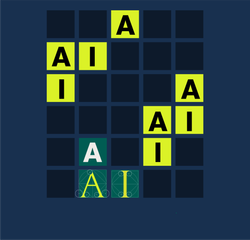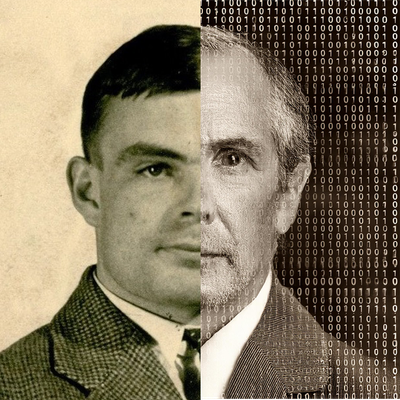Aldine Intelligence seeks to harness AI's power to democratize knowledge. Unlike a traditional concept of AI, which often replicates existing processes, Aldine Intelligence prioritizes efficiency, quality, and impact.
In 1494, Aldus Manutius and the Aldine Press revolutionized book publishing. Before his innovations, books were unwieldy replicas of manuscripts, limiting their reach. Manutius introduced the octavo format, dramatically reducing book size and enabling wider distribution. His Aldine Press produced countless classical and contemporary works, building personal libraries for luminaries like Leonardo da Vinci. By making knowledge accessible to a broader audience, Manutius fueled the Renaissance.
To achieve the octavo format, Manutius refined typography and focused on concise, high-quality content. While AI excels at generating vast amounts of information, Aldine Intelligence emphasizes accuracy, relevance, and insight.
Aldine Intelligence focuses on scholarly outcomes. AI's true potential lies not in mimicry but in innovation. By prioritizing scholastic outcomes and consumable formats, Aldine Intelligence aims to accelerate discovery, unlock new perspectives, and create groundbreaking products.









